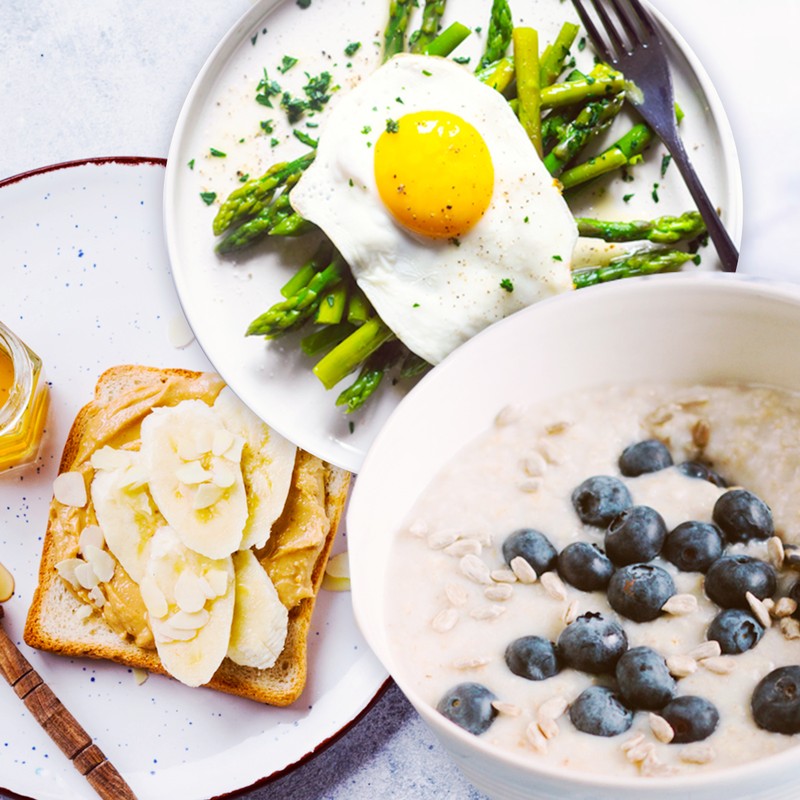14 Ways To Boost Your Protein Intake At Breakfast
Jenna Hope, nutritionist
SWAP: Smashed avocado
FOR: Hummus
“Hummus may not be an obvious breakfast choice, but it contains around 3g of protein per serving compared to avocado, which has around 1g per serving. Serve it with your favourite seeded bread for an additional portion of protein.”
SWAP: Almond milk
FOR: Cow’s milk
“For individuals who can tolerate and enjoy cow’s milk, making your porridge, smoothies or coffees with it will provide an extra 3.2g of protein per 100g. Almond milk contains around 0.5g protein per 100g by comparison.”
SWAP: Coconut yoghurt
FOR: Soya yoghurt
“If you’re vegan or prefer a plant-based diet, consider swapping coconut yoghurt for soya – this simple switch will add 4.5g of protein into your breakfast.”
SWAP: Regular white flour
FOR: Almond flour
“If you are a fan of pancakes, try using almond flour in your batter instead of the normal white variety. This will increase your protein intake by 19g per 100g.”
Visit JennaHopeNutrition.com
Georgine Leung, nutritionist at Kurami
SWAP: Breakfast cereal
FOR: Porridge
“Oats are naturally packed with nutrition and are much higher in protein than your average breakfast cereal. Top with a handful of nuts or seeds for an additional protein boost. Also, consider making porridge from other grains like quinoa and amaranth, which are also naturally high in protein.”
SWAP: Wheat pancakes
FOR: Teff pancakes
“Teff may not be as well-known as other gluten-free grains, but it’s delicious and packed with fibre and protein. Try using teff flour to make pancakes and serve with some yoghurt and fruit compote.”
Visit Kurami.co.uk
Rhiannon Lambert, Harley Street registered nutritionist
SWAP: Avocado toast
FOR: Poached eggs and avocado on toast
“Avocados only contain around 2g of protein per 100g, which isn’t going to help you reach your daily requirement. Add a poached egg or two, some smoked salmon or, if you’re vegan, try it with scrambled tofu or topped with some edamame. These contain around 8g of protein per 100g.”
SWAP: Plain porridge
FOR: Supercharged porridge
“Oats are a source of protein but if made with water and served plain, they don’t bring much to the table. Try adding some nuts and seeds to your bowl – these can contain up to 20g of protein per 100g. A dollop of Greek yoghurt, which has roughly 10g of protein per 100g, is also a great porridge topper.”
SWAP: Blueberry muffin
FOR: Egg muffin
“Egg muffins, like mini frittatas, can contain sources of healthy fats and protein, helping us feel satisfied for longer. If you’re looking for an added boost of flavour and protein, then incorporate some diced chicken into the mix. It’s also a great way to up your vegetable intake and fibre too.”
Visit RHNutrition.com
Michela Vagnini, nutritionist at Nature’s Plus
SWAP: Fruit smoothie
FOR: Protein smoothie
“My morning smoothie usually contains two to three vegetables, one or two fruits and a scoop of protein powder. It’s such an easy way to pack in a tonne of nutrition and the protein makes it a complete meal – plus, it can add up to 20g of protein per serving.”
SWAP: Granola
FOR: Chia pudding
“Chia puddings are a great breakfast option. Make yours with some plain Greek yoghurt, mixed nuts, shredded coconut, bee pollen and berries – this combination is rich in coconut MCT oil, good whey proteins, probiotics and digestive enzymes.”
SWAP: Croissant
FOR: Protein ball
“If you tend to pick up a croissant with your morning coffee, consider making a batch of protein breakfast balls to take with you instead. There are so many recipes and options online – use this recipe as a base and add different superfoods each time.”
Visit NaturesPlus.co.uk
Lucy Gornall, PT at Digme & certified nutrition expert
SWAP: Scrambled eggs
FOR: Scrambled tofu
“If you’re vegan it’s still possible to get in adequate amounts of protein at breakfast. Scramble tofu in a pan with veggies and place on toast – 100g of tofu will provide around 12g of protein. If tofu isn’t your thing, try mashed chickpeas with garlic, spinach and tomatoes instead,”
SWAP: Normal yoghurt
FOR: Greek yoghurt
“Greek yoghurt can contain up to 14g of protein per 100g. You could mix this with fruit, nuts or muesli, or add yoghurt to a smoothie for a creamier drink that will keep you fuller for longer.”
Visit DigmeFitness.comShop our pick of the best protein-boosting products below...
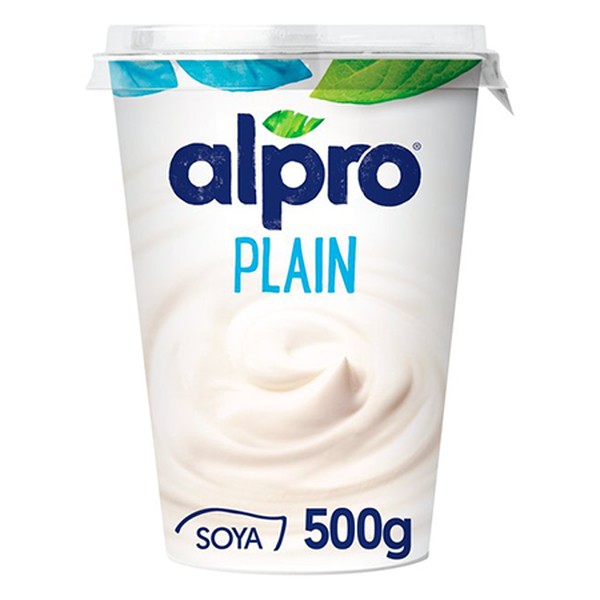
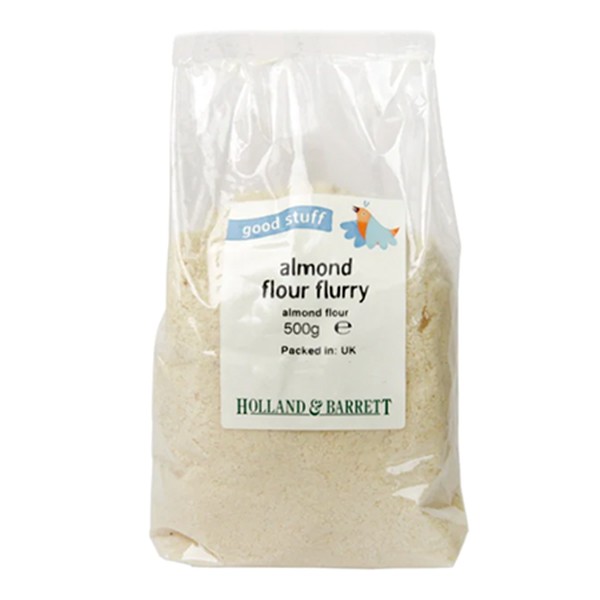
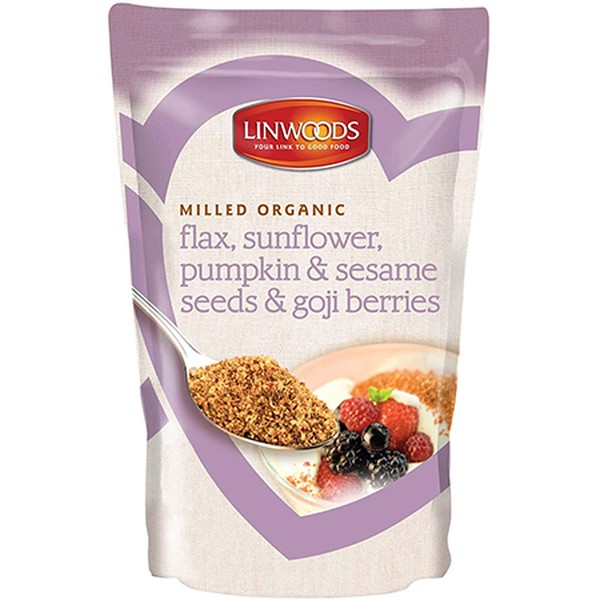
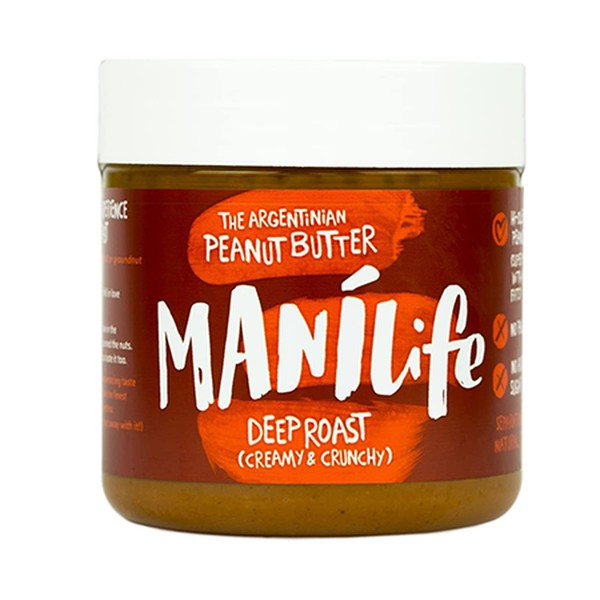
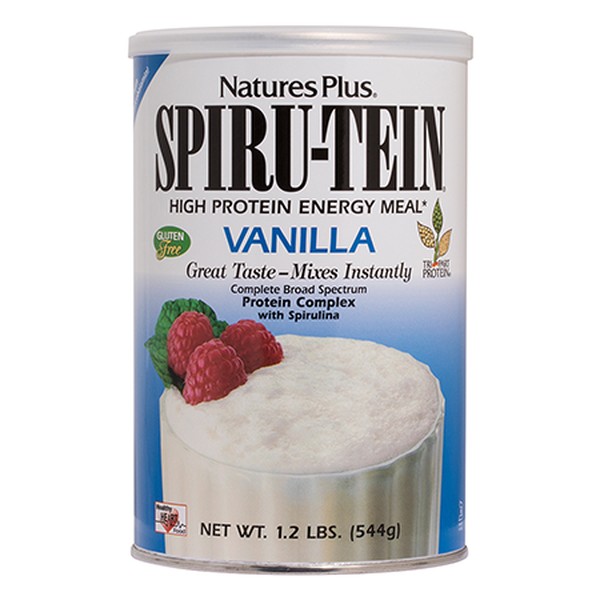
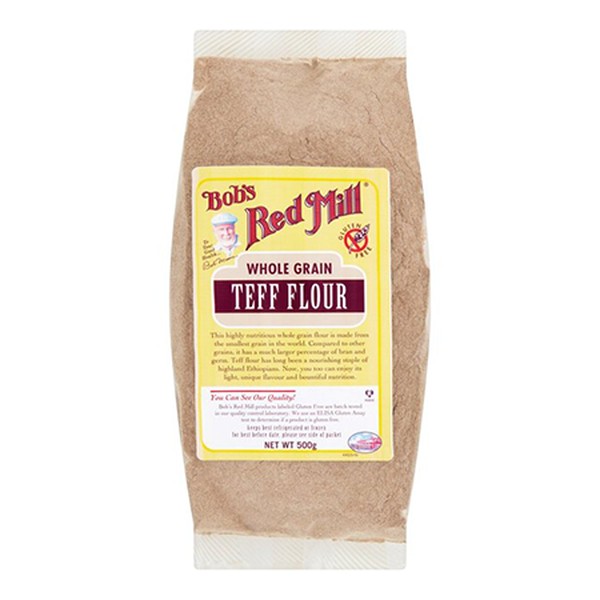
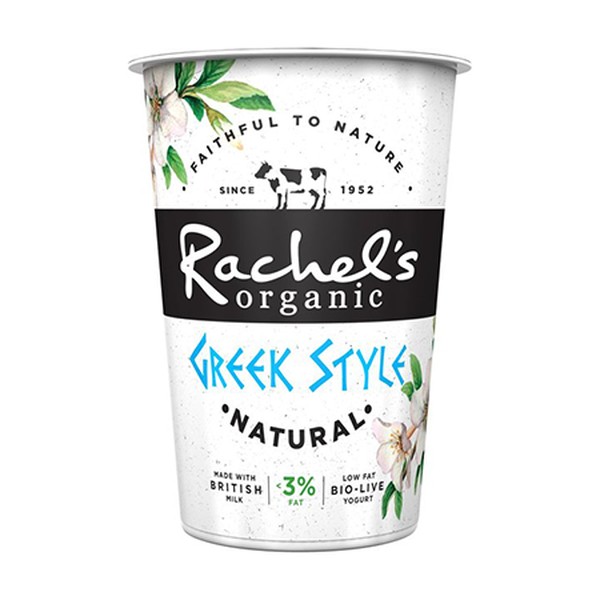
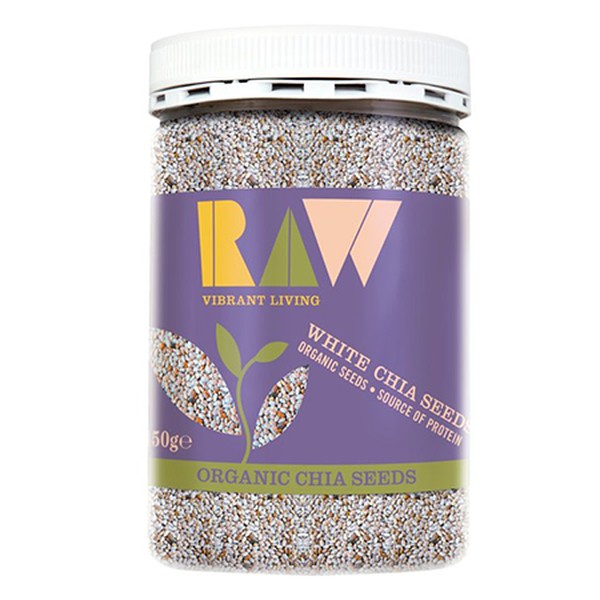
*Features published by SheerLuxe are not intended to treat, diagnose, cure or prevent any disease. Always seek the advice of your GP or another qualified healthcare provider for any questions you have regarding a medical condition, and before undertaking any diet, exercise or other health-related programmes.
DISCLAIMER: We endeavour to always credit the correct original source of every image we use. If you think a credit may be incorrect, please contact us at info@sheerluxe.com.
